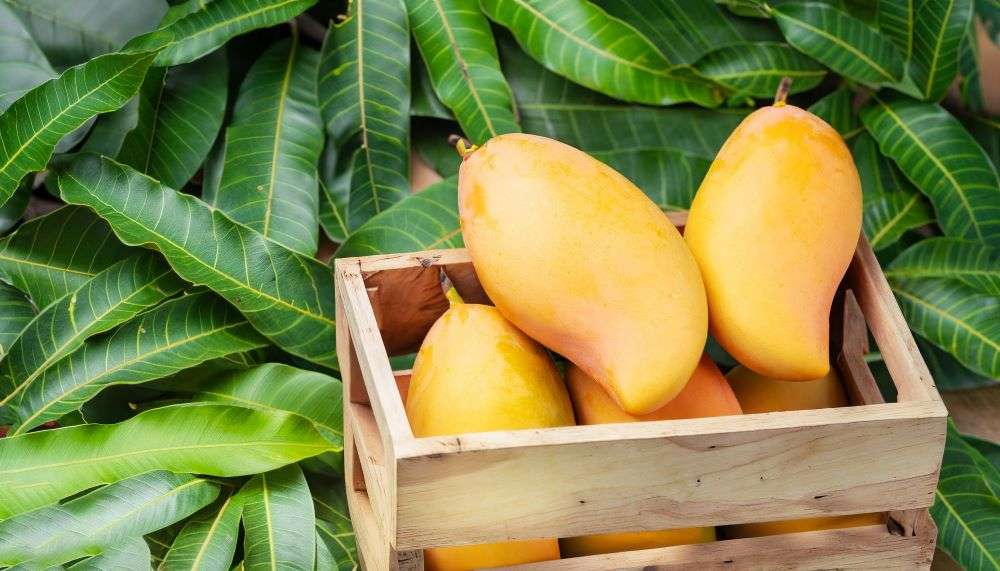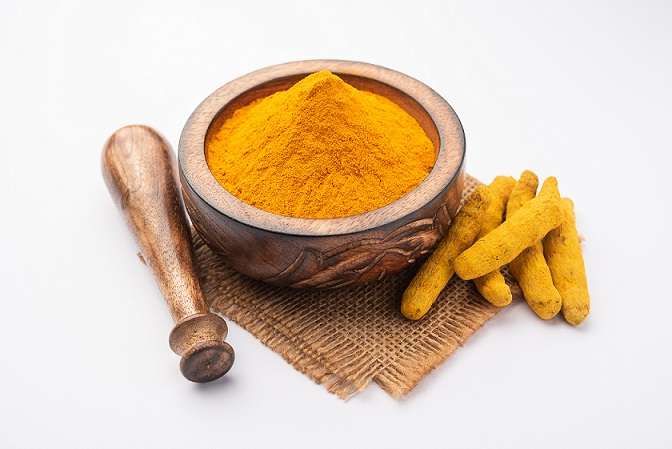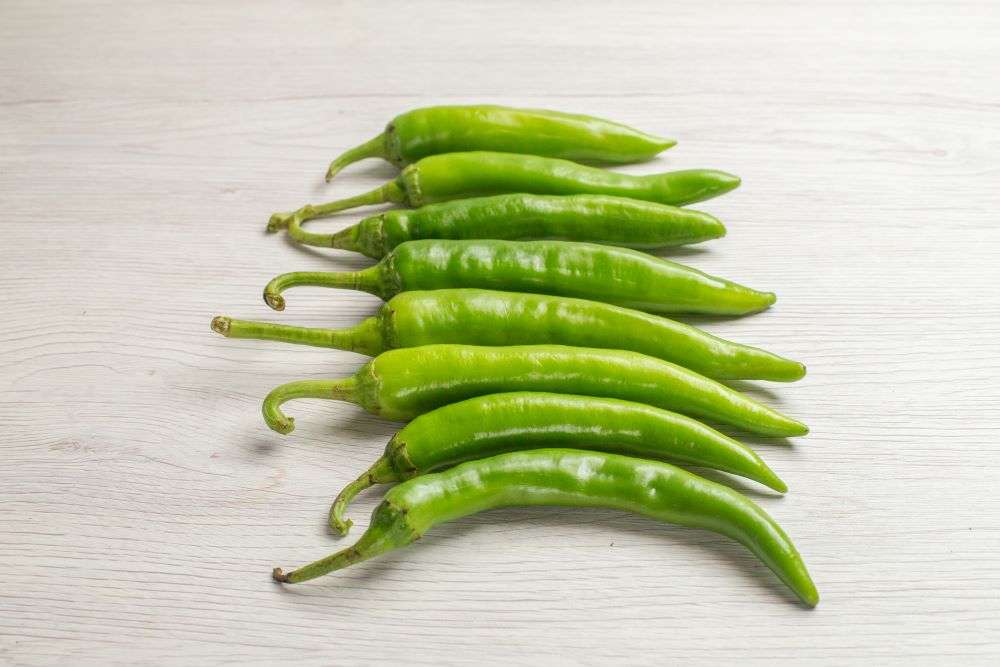India, a nation renowned for its vibrant culture, lively markets, and rich culinary traditions, holds an undisputed title as the world’s mango powerhouse. Yet, the appeal of its mangoes extends far beyond its borders. These sweet, tropical treasures are captivating taste buds globally, journeying from the sun-kissed Alphonso orchards of Maharashtra to the succulent Langra groves of Uttar Pradesh. Indian mangoes are making a bold mark on international markets, sharing the essence of the subcontinent with dining tables around the world.
A Tropical Treasure Trove: Biodiversity and Regional Specialization
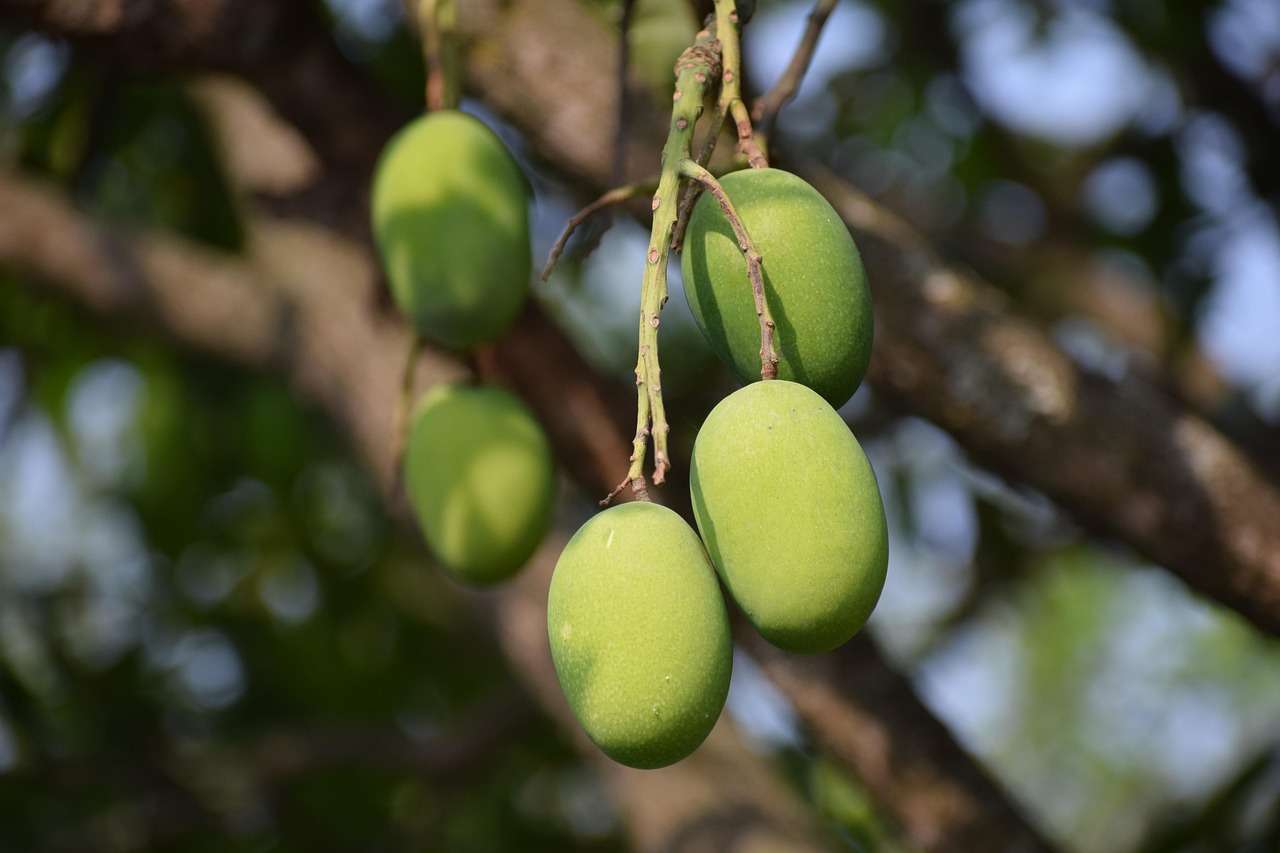
India’s diverse agro-climatic zones contribute to the vast array of mango varieties. This regional specialization allows for a continuous supply of mangoes throughout the season, catering to varied consumer preferences. For example, the unique soil and climate of Ratnagiri and Sindhudurg in Maharashtra give the Alphonso its distinctive flavor. This regional specialization is a crucial aspect of India’s export strategy.
Navigating the Global Market: Traceability and Certification
Increasingly, international markets demand transparency and traceability. Indian exporters are adopting technologies like blockchain to track mangoes from farm to fork, ensuring food safety and quality. Certifications like GlobalG.A.P. and organic certifications are becoming essential for accessing premium markets.
- Pre-harvest and Post-harvest Management: Implementing best practices to minimize losses and maintain quality, including integrated pest management and controlled ripening.
- Cold Chain Logistics: Ensuring a seamless cold chain from farm to shelf to preserve freshness and prevent spoilage.
- Compliance with Phytosanitary Standards: Meeting the stringent import regulations of various countries, including irradiation and heat treatment protocols.
- Packaging and Branding: Presenting mangoes in attractive, consumer-friendly packaging that highlights their quality and origin, including eco-friendly options.
Key Export Destinations: Market Diversification and Niche Markets
While the US, Europe, and the Middle East remain crucial, Indian exporters are actively diversifying their markets. This includes targeting niche markets for specific varieties, such as the Japanese market for Alphonso and the Korean market for Kesar.
Challenges and Opportunities: Sustainability and Value Addition
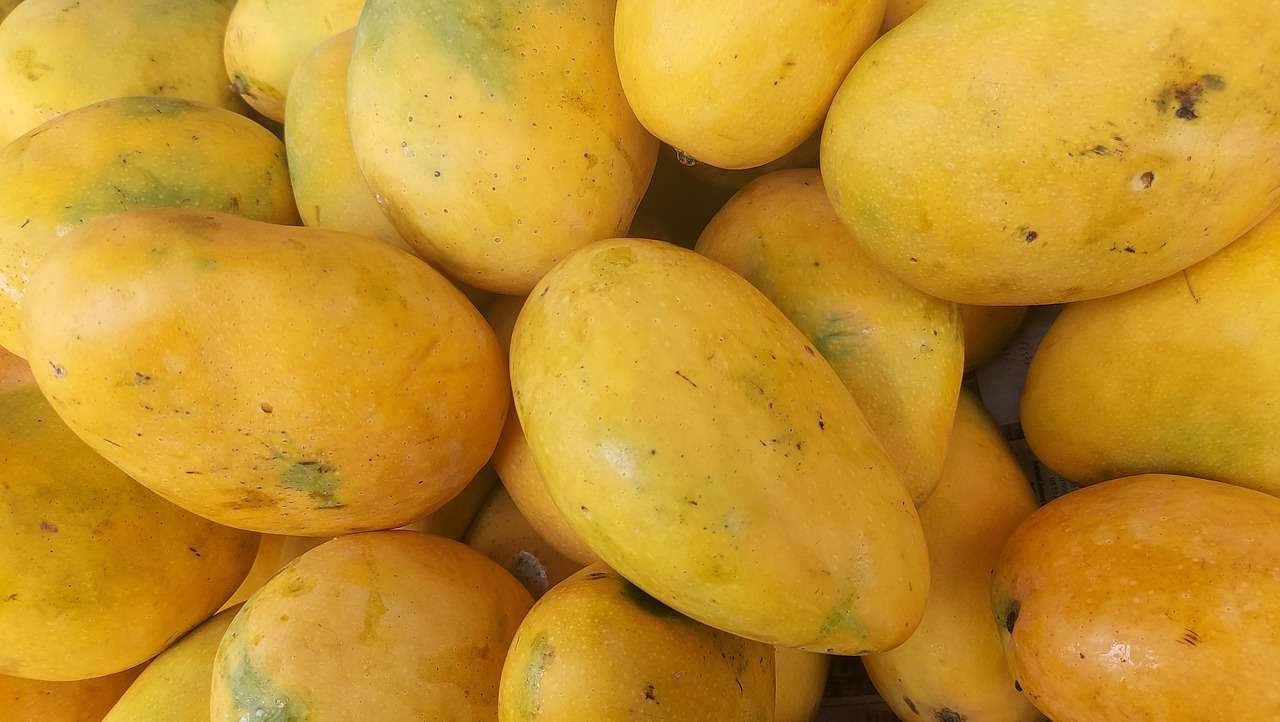
- Infrastructure Gaps: Limited cold storage facilities and transportation infrastructure, especially in rural areas, can hinder exports. Investing in infrastructure is critical.
- Competition from Other Mango-Producing Countries: Countries like Mexico, Thailand, and Brazil are also major mango exporters, necessitating a focus on quality and differentiation.
- Climate Change: Erratic weather patterns, including droughts and floods, can affect mango production and quality. Sustainable farming practices are crucial.
- Maintaining Quality Standards: Adhering to strict international quality standards is vital for market access, requiring continuous improvement and training.
- Sustainability: Promoting sustainable farming practices, including water conservation and reduced pesticide use, is essential for long-term growth.
- Value Addition: Processing mangoes into products like pulp, juice, and dried slices can increase export value and reduce post-harvest losses.
However, there are also significant opportunities:
- Growing Demand for Exotic Fruits: The increasing popularity of exotic fruits worldwide presents a huge market opportunity, especially for unique Indian varieties.
- Government Initiatives: The Indian government is actively promoting agricultural exports, providing financial assistance and technical support to exporters.
- E-commerce: Online platforms are opening up new avenues for mango exports, allowing exporters to reach consumers directly and build brand loyalty.
- Organic Mangoes: The rising demand for organic products opens a new market for organic mangoes, which command premium prices.
- Geographical Indications (GI): Protecting the unique identity of regional varieties through GI tags can enhance their market value.
A Taste of Home, Far Away: Cultural Significance and Culinary Diplomacy
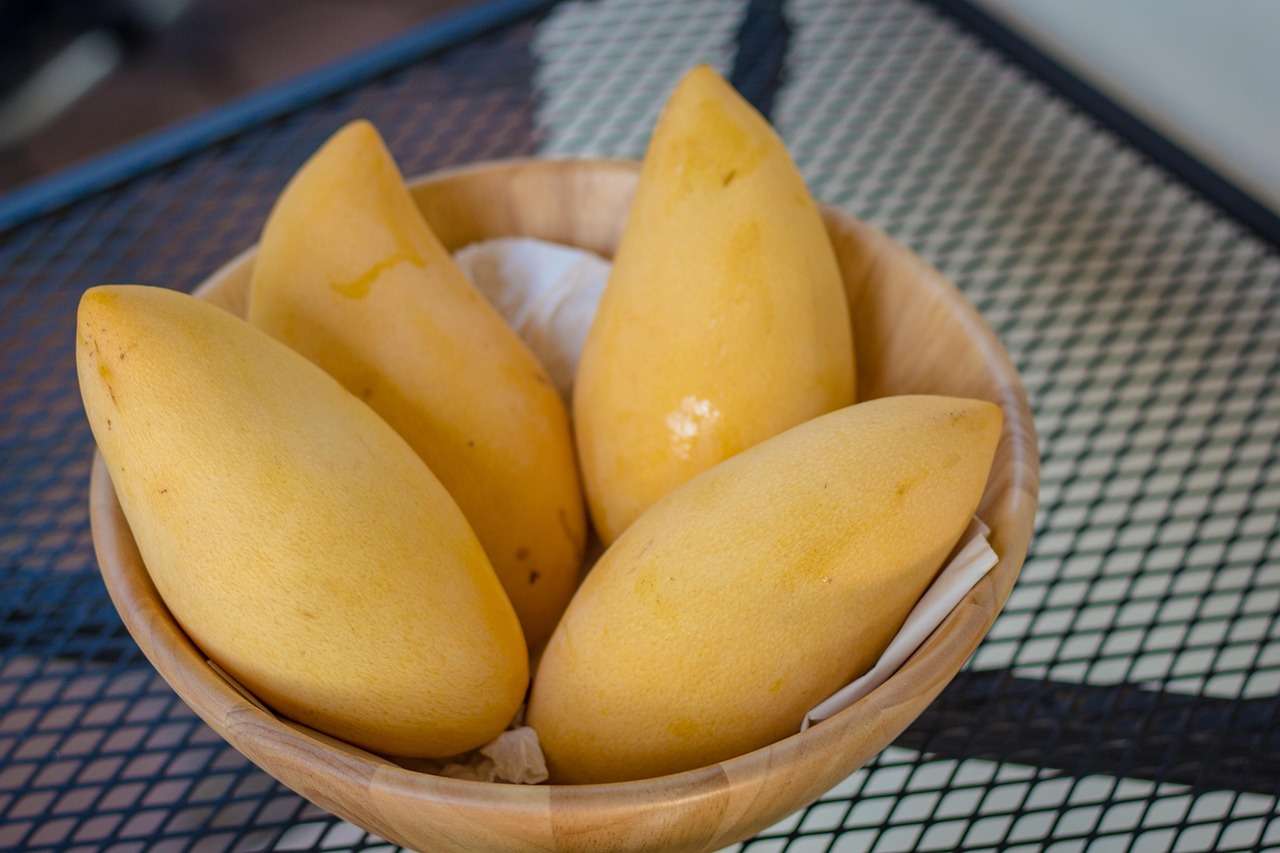
For the Indian diaspora living abroad, mangoes are more than just a fruit; they are a taste of home, a reminder of their roots. The aroma of ripe mangoes can evoke memories of childhood summers and festive celebrations. Indian exporters are playing a crucial role in bridging this cultural gap, essentially participating in culinary diplomacy, bringing a slice of India to millions of homes around the world.
Indian Mango Exports Boosted by Improved Cold Chain Infrastructure
Mumbai – Investments in improved cold chain infrastructure are significantly contributing to the success of Indian mango exports. By minimizing post-harvest losses and maintaining fruit quality, these advancements are enabling exporters to reach distant markets with fresh, high-quality mangoes. Industry reports indicate that the adoption of advanced cold storage and transportation technologies is playing a crucial role in this positive trend.
– National Centre for Cold-chain Development (NCCD)
Indo Foods Export: A Significant Exporter of Indian Mangoes
Indo Foods Export, a well-established player in the Indian food export industry, is a vital contributor to the global distribution of Indian mangoes. With a strong focus on quality and customer satisfaction, Indo Foods Export exports a diverse range of mango varieties, including Alphonso, Kesar, and Dasheri, to markets worldwide. Our advanced processing and packaging facilities, along with a reliable cold chain network, maintain the optimal condition of our mangoes for consumers. Indo Foods Export collaborates with farmers, providing them with technical support and equitable pricing, thereby fostering the sustainable growth of the mango export sector. By integrating traditional farming methods with modern technology, Indo Foods Export delivers the authentic taste of India to a global audience.
India’s mango exports are a testament to its rich agricultural heritage and global appeal. While challenges remain, the future is bright, driven by quality, innovation, and a deep cultural connection. India’s golden mangoes continue to captivate the world, bringing a taste of home to millions.

